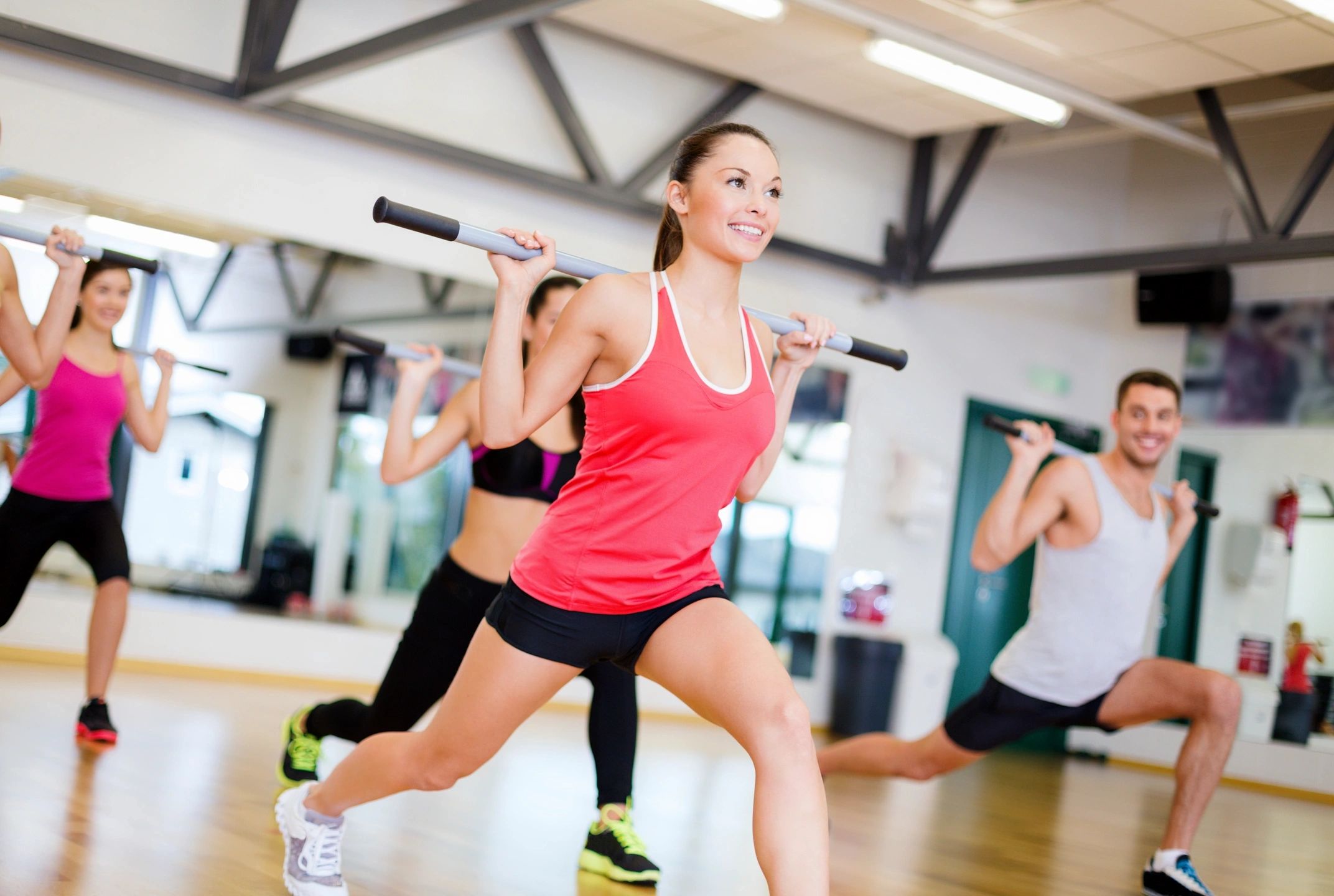In today’s fast-paced world, the significance of functional fitness cannot be overstated. Functional fitness refers to exercises that prepare your body for real-life movements, enhancing your ability to perform everyday tasks with ease and efficiency. Whether you’re lifting groceries, playing with children, or tackling home improvement projects, functional fitness equips you with the strength, balance, and endurance necessary for daily activities. Embracing a functional fitness routine not only improves your physical capabilities but also enriches your overall well-being.
What is Functional Fitness?
Functional fitness is a training approach that emphasizes movements you encounter in everyday life. Unlike traditional workouts, which often isolate specific muscle groups, functional fitness integrates multiple muscles and joints to work in harmony. This holistic approach encourages movements that mimic daily activities, such as squatting, lifting, pushing, and pulling. The goal is to enhance your body’s functionality, making you stronger and more resilient in your daily endeavors.
Benefits of Functional Fitness
The advantages of incorporating functional fitness into your exercise regimen are manifold. Firstly, it significantly improves your strength and endurance, allowing you to tackle daily tasks with greater ease. You’ll find that mundane activities, such as climbing stairs or carrying heavy objects, become less taxing.
Moreover, functional fitness enhances your balance and coordination. As you engage in exercises that require stability, you develop better control over your body. This is particularly beneficial as you age, as maintaining balance is crucial for preventing falls and injuries.
Injury prevention is another vital aspect of functional fitness. By training your body to perform movements correctly and efficiently, you minimize the risk of strains and sprains that often arise from improper mechanics. Functional fitness also plays a key role in rehabilitation. Many physical therapists incorporate functional exercises to help patients regain strength and mobility after injury.
Lastly, functional fitness promotes increased mobility and flexibility. Exercises that focus on a full range of motion help to loosen tight muscles and joints, enhancing your overall agility. This is essential for maintaining an active lifestyle and preventing stiffness, especially for those who lead sedentary lives.
Key Exercises for Functional Fitness
To cultivate functional fitness, a variety of exercises can be incorporated into your routine.
- Squats and Variations: Squats mimic the natural movement of sitting and standing, making them indispensable for daily life. Variations like goblet squats or single-leg squats increase the challenge and engage different muscle groups.
- Lunges and Their Benefits: Lunges enhance balance and coordination while targeting the legs and glutes. Incorporating reverse lunges or lateral lunges can diversify your workout and strengthen stabilizing muscles.
- Push-Ups and Core Stability: Push-ups are excellent for building upper body strength and core stability. Variants like incline or decline push-ups can modify difficulty and target different muscle areas.
- Kettlebell Swings for Power and Endurance: This dynamic exercise engages multiple muscle groups, improving cardiovascular fitness and building explosive power, crucial for lifting and carrying tasks.
- Plank Variations for Core Strength: Planks are fundamental for core strength, which is essential for virtually every movement. Side planks and forearm planks offer variations to target oblique muscles and enhance stability.
Incorporating Functional Fitness into Daily Life
Integrating functional fitness into your life doesn’t require a complete overhaul of your routine. Start by creating a structured workout plan that includes the key exercises mentioned above. Aim for at least two to three sessions a week, gradually increasing intensity as you progress.
Utilizing everyday objects around your home can also enhance your functional workouts. Use a sturdy chair for step-ups, grocery bags for weight training, or a wall for balance exercises. These adaptations make functional fitness accessible and practical.
Moreover, engaging with a community through group classes can provide motivation and support. Many gyms and studios offer functional fitness classes, allowing you to connect with others while improving your health.
Summary
Functional fitness serves as a cornerstone for a healthier, more active life. By focusing on exercises that translate to real-world movements, you not only build strength and endurance but also enhance your overall quality of life. Adopting a functional fitness mindset fosters a more resilient and capable body, empowering you to tackle daily challenges with confidence. Embrace the principles of functional fitness today and unlock your potential for a more vibrant tomorrow.
Please like, comment, and share this article if you found it helpful and
informative.
Visit https://bigtownbulletin.com if you would like to see more of this content.
Please like, comment, and share this article if you found it helpful and
informative.
For more news check out Big Town Bulletin News
For more from Big Town Bulletin check out Big Town Bulletin


